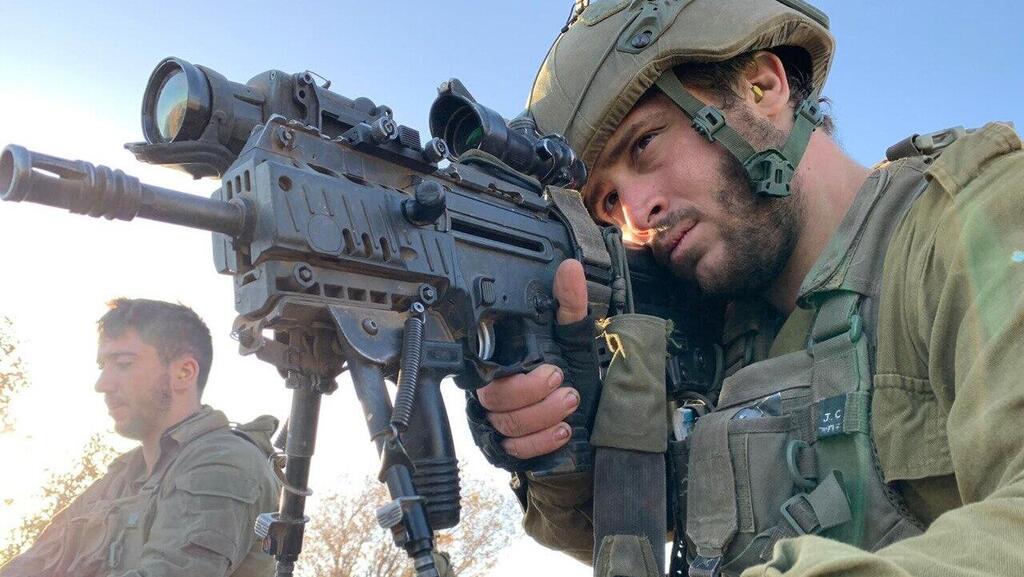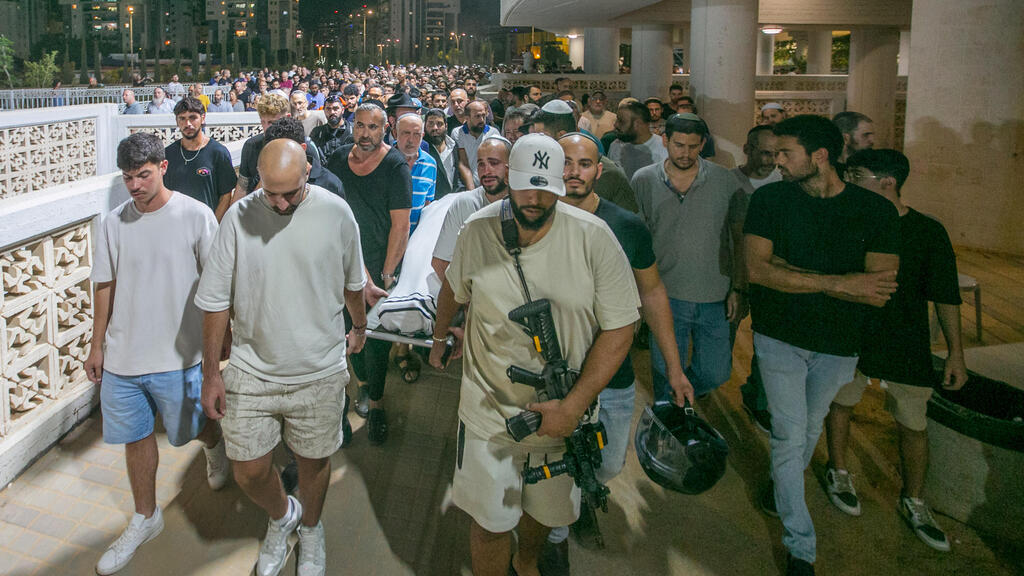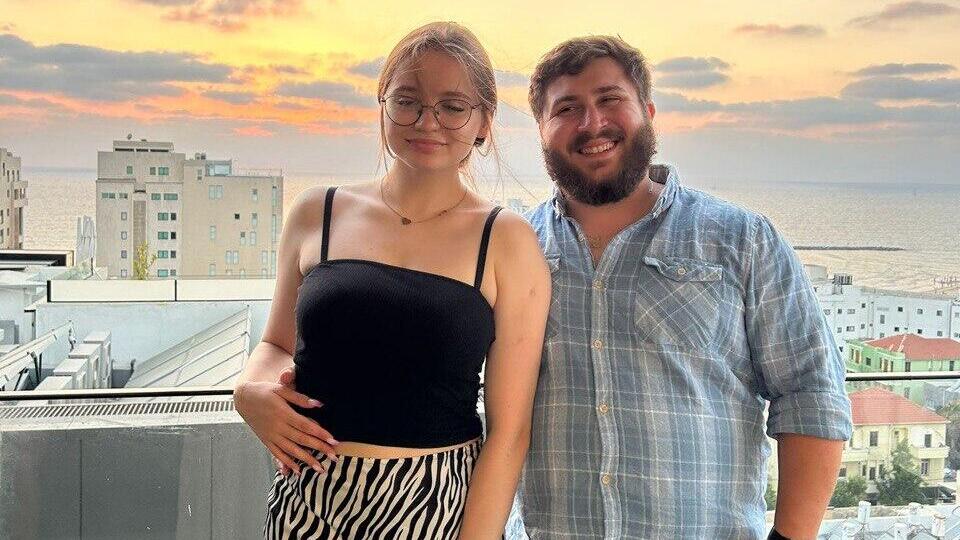Getting your Trinity Audio player ready...
Thousands of Israelis gathered at the Ganei Esther Cemetery in Rishon LeZion on Tuesday night to part with 26-year-old Jordan Cooper, a former lone soldier from the United States who returned to Israel after October 7 to join the war effort and completed over 200 days in the IDF reserves before dying suddenly due to an allergic reaction.
Cooper's father, Russ, was moved to tears by the public's response to the last-minute call to attend his son's funeral. "This is the reason he came to this country, to protect in ways other than faith." the grieving father said.
Cooper, who made Aliyah in 2018, served in the Nahal Brigade and was part of the Garin Tzabar lone soldier program. He was discharged a year ago and had since completed over 200 days of reserve duty. After completing his military service, he returned to the United States but came back to Israel on October 7 to fight alongside his reservist unit.
After October 7, Cooper struggled to find a reserve unit that would accept him and asked for help from his friend Haimon Blumenfeld to find a way to join the war in Gaza. "We're at 120% capacity. I'm looking for a place in the military to go and fight, to sign up for the reserves. Try to help me fight," Cooper said in a voice message to his friend.
"There’s simply no more room in my unit; I have the equipment, everything’s fine, I'm just looking for a weapon I can use. I want to serve in this war, I want to go into Gaza," he added.
Cooper had plans to marry his girlfriend Valery and build a home in Israel. He also planned to join the Border Police as a career officer.
"I'll try to fulfill his dreams; from now on, every day of my life will be for the sake of my brother and his legacy," said Cooper's brother, Ethan. "I’ll see him in the stars, in the feeling of good friends. I’ll find him in every place in my life and I’ll be strong for him forever."
Cooper's commander in the reserves, Lieutenant Colonel Yehoshua Korsia, attended the funeral in IDF uniform. "Dear Jordan, I was fortunate to have had you as a soldier under my command," Korsia said.
"Though this isn’t a military funeral, I came to honor you and wore my uniform to say thank you. You came immediately every time you were called on. You loved the military, and I salute you."





